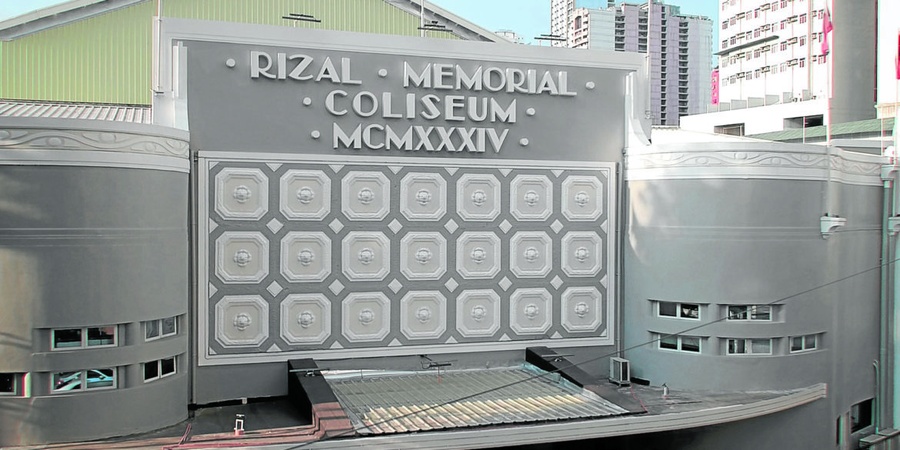Manila, Philippines, June 29, 2020: One of Asia’s most iconic sports venues is the subject of a documentary focusing on its history and recent restoration.
The 6,100-capacity Rizal Memorial Coliseum in Manila was opened in 1934 in time for the 10th Far Eastern Championship Games.
The Coliseum is part of the Rizal Memorial Sports Complex which hosted the inaugural Far Eastern Championship Games in 1913. This event is regarded as the first international multi-sport games in Asia and the forerunner to the Asian Games – an occasion which the Olympic Council of Asia marked by holding a centenary celebration in 2013.
The Coliseum also played a major role in hosting the second Asian Games in Manila in 1954, when 970 athletes from 18 National Olympic Committees took part in 77 events of eight sports, and was restored and renovated in time for the 30th Southeast Asian Games in the Philippines at the end of last year.
The restoration, which was completed in only four months, is chronicled in “Rizal Revival,” a feature-length documentary produced by Docu Lico which will have a free online premiere on June 30, 8 p.m., on the Docu Lico Facebook page.
According to architect and historian Gerard Rey Lico, the documentary is an educational tool to foster appreciation of the Rizal Memorial Coliseum and to raise awareness about the country’s heritage structures and historic landmarks and the need for their conservation.
“The documentary film chronicles the life of the Rizal Memorial Coliseum—an art deco sports facility that has stood witness to international sporting events, entertainment spectacles, wars and a pandemic,” Lico told the Philippine Daily Inquirer Lifestyle section.
“The film makes use of personal narratives to craft the story of RMC, reaching its pinnacle with its heroic restoration in time for the 30th SEA Games and its later use as a Covid-19 quarantine facility.
“We succeeded in reinstating the RMC in the collective imagination of the people. It’s now a source of pride from where people could draw their culture and identity.”
Source: https://lifestyle.inquirer.net



